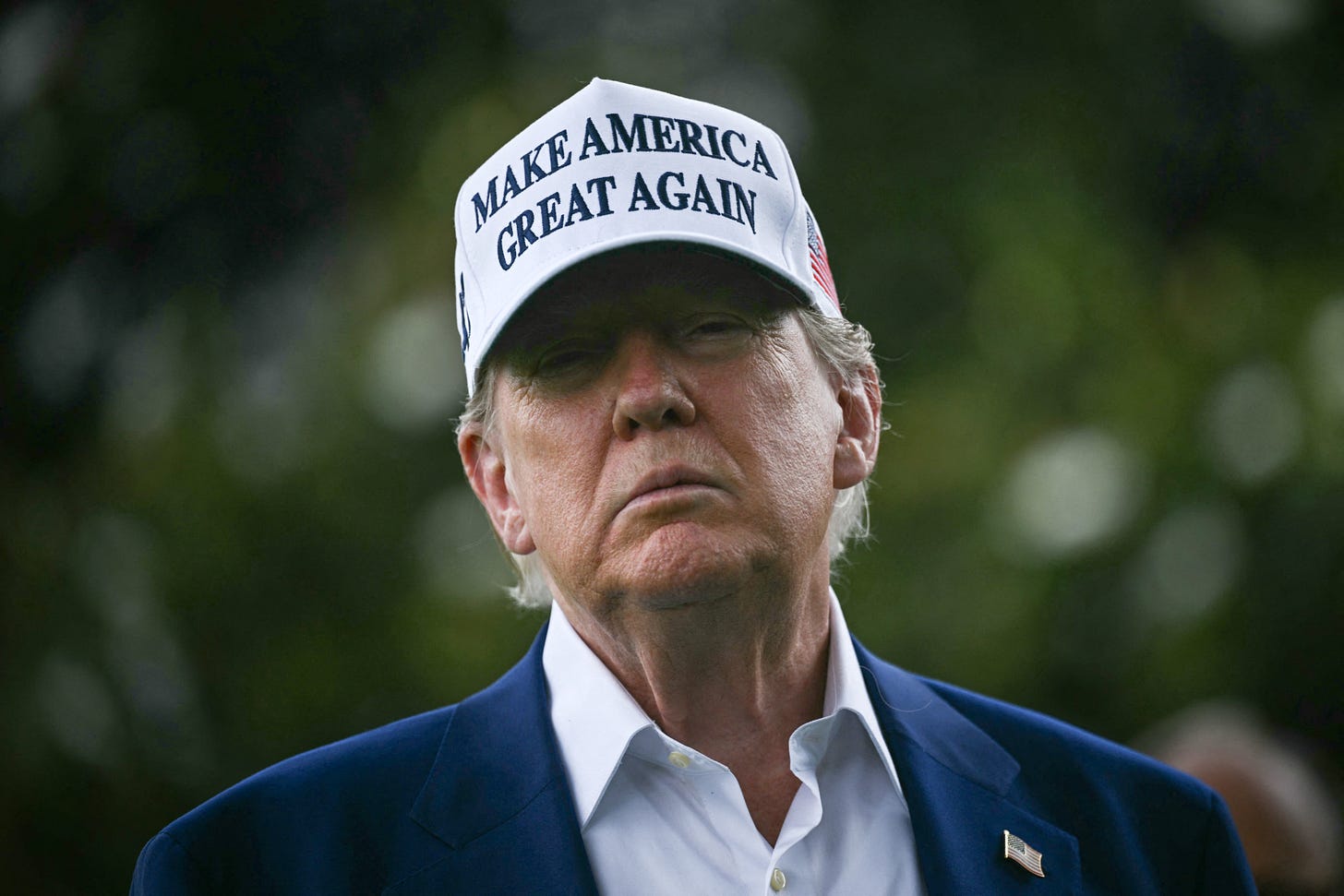The Ineducable GOP
How (and how much) have Republicans changed since the debacle of the Iraq War?

Regular readers know I have a sincere interest in conservative ideas and take reactionary hopes and discontents pretty seriously. My own liberalism is even informed by certain conservative insights into human nature and society. But this intellectual focus sits uneasily with longstanding hostility toward the Republican Party, America’s vehicle for the political right.
For a brief period (2000 through 2002), I voted for the GOP. That affiliation ended with the run-up to the Iraq War and was solidified through the years-long bloody aftermath of the invasion. The case for toppling Saddam Hussein struck me as a toxic blend of ideologically fueled motivated reasoning, post-9/11 paranoia about supposedly undeterrable threats, and rank ignorance of Iraqi society and history. Anyone raising moral, legal, prudential, or strategic objections to the Bush administration’s war plans was denounced as a feckless coward who lacked the requisite courage and judgment to recognize that allowing Hussein’s regime to remain in power was far riskier than removing it so that a liberal-democratic order could arise in its place.
My anticipation of a disaster—but far more so, my recognition after the invasion that the disaster was turning out to be even worse than I’d imagined or predicted it would be—convinced me that the Republican Party had committed the geopolitical equivalent of drunk driving and ought to have its license suspended. Let’s just say I didn’t change my mind when the GOP and its media cheerleaders spent the eight years of the Obama administration trying to demonstrate, with repeated reckless threats to bomb any country that dared to defy the maximalist demands of the most ambitious elected officials in the party, that they had learned absolutely nothing from the Iraq fiasco.
But didn’t Donald Trump’s takeover of the party mark a decisive change? During the 2016 GOP primaries, he made headlines, raised eyebrows in Congress and online, and gained momentum with Republican voters by declaring the Iraq War an unmitigated disaster. Perhaps a foreign policy guided by an “America First” sensibility would signal a shift away from ideological rigidity and reflexive belligerence?
A lot has changed in American politics over the past decade. But much else, unfortunately, has not. That very much includes the way Trump is conducting foreign policy in his second administration, no less than how leading members of his party think and talk about the subject. This couldn’t be clearer from what we’ve seen over the past week in response to Israel’s attack on Iran.
Governance by Gut
It’s easy to overstate how much the Republican Party’s outlook on foreign policy has evolved since Trump’s hostile takeover a decade ago. The moralism that the Bush 43 administration blended with its realist case for removing the supposedly existential threat posed by Saddam Hussein—and which the administration leaned on even more heavily once it became undeniable the deposed dictatorship had never possessed weapons of mass destruction—has clearly vanished. Trump never uses high-minded rhetoric about freedom, democracy, and opposing tyrants. He talks about making deals and making America great again, with the threat of deadly force lurking in the not-so-distant background.
This hard pivot to pure transactionalism can trick us into believing Trump represents a bigger shift in America’s stance toward the world than he does. Yes, the practical consequences of placing American interests, very narrowly defined, at the center of our policymaking does point away from our postwar commitment to alliances and democracy promotion, which is indeed a very big deal. But other aspects of the pre-Trump approach to the world have remained in place and even deepened.
Keep reading with a 7-day free trial
Subscribe to Notes from the Middleground to keep reading this post and get 7 days of free access to the full post archives.




